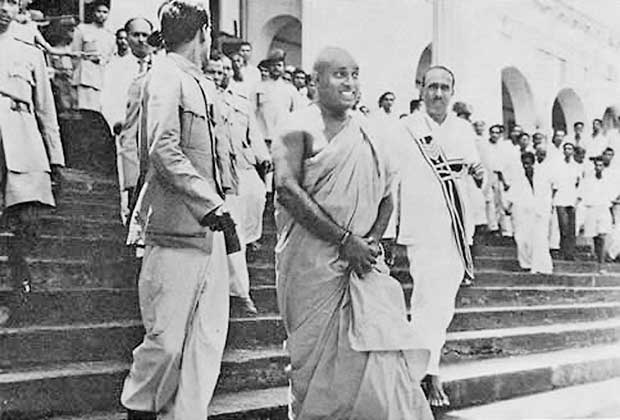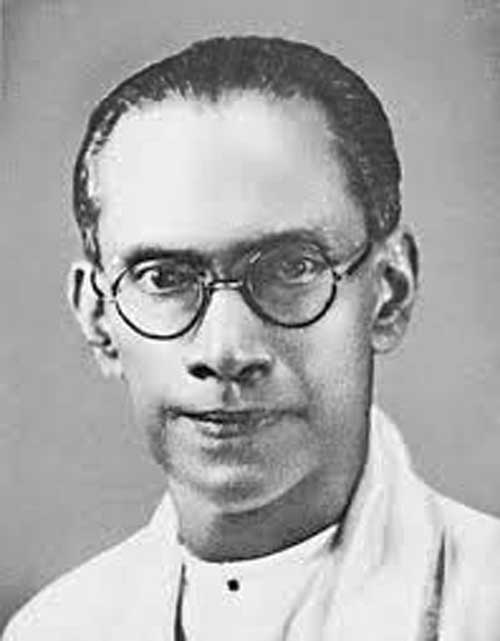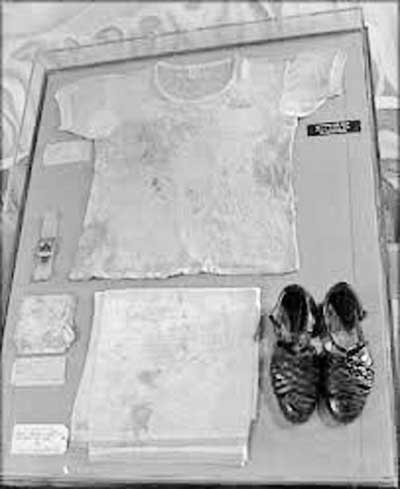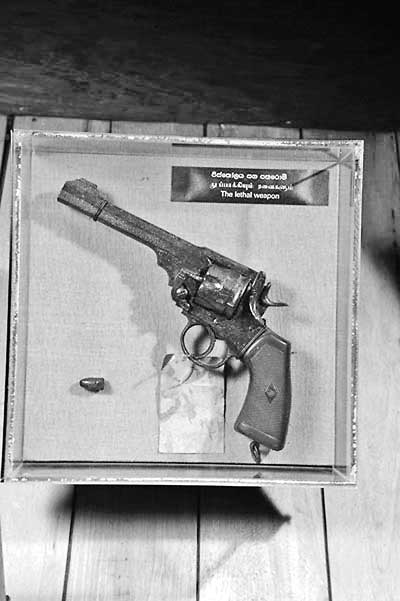Reply To:
Name - Reply Comment
Last Updated : 2024-04-19 07:40:00
_DM-9-01-IN.jpg)

 SWRD entered politics which brought him in touch with with powerful leaders of the elite and ultimately with the more modest,who presented him with links to the under privileged masses-villagers. During that period, the state conducted its affairs entirely in English when only eight per cent of the population was literate. His own family enjoyed pride of place among island’s British rulers and a small group of wealthy, high caste, highly westernized, Christian elite. This was a sophisticated ensemble, under whose hands power lay when West Ridgeway launched his political carrier later playing the pivotal role in nation’s modern transformation.
SWRD entered politics which brought him in touch with with powerful leaders of the elite and ultimately with the more modest,who presented him with links to the under privileged masses-villagers. During that period, the state conducted its affairs entirely in English when only eight per cent of the population was literate. His own family enjoyed pride of place among island’s British rulers and a small group of wealthy, high caste, highly westernized, Christian elite. This was a sophisticated ensemble, under whose hands power lay when West Ridgeway launched his political carrier later playing the pivotal role in nation’s modern transformation. anti-colonialism and British values and ways, add to that Bandaranaike’s own highly complex personality and the result is a life that was a tangle of incongruities.’ -James Manor ; Biographer— ‘The Expedient Utopian :Bandaranaike and Ceylon’- Cambridge [1989]
anti-colonialism and British values and ways, add to that Bandaranaike’s own highly complex personality and the result is a life that was a tangle of incongruities.’ -James Manor ; Biographer— ‘The Expedient Utopian :Bandaranaike and Ceylon’- Cambridge [1989] the zenith, had him murdered when he denied them of special state favours for their nefarious activities.
the zenith, had him murdered when he denied them of special state favours for their nefarious activities.
Add comment
Comments will be edited (grammar, spelling and slang) and authorized at the discretion of Daily Mirror online. The website also has the right not to publish selected comments.
Reply To:
Name - Reply Comment
On March 26, a couple arriving from Thailand was arrested with 88 live animal
According to villagers from Naula-Moragolla out of 105 families 80 can afford
Is the situation in Sri Lanka so grim that locals harbour hope that they coul
A recent post on social media revealed that three purple-faced langurs near t

10 Apr 2024
09 Apr 2024